Revolutionizing Rural Living: Lida Group’s Modular Solutions for Smallholder Farmers
Tucked away in the industrial heartland of Taiwan, the Lida Group has been quietly pioneering a game-changing solution for the world’s smallholder farmers. Their innovative standardized steel housing panels, combined with an array of complementary structures, are poised to transform the living and working conditions of millions across the developing world.
The challenges facing smallholder farmers are well-documented – fragmented landholdings, limited access to resources, vulnerability to climate shocks, and substandard living and working conditions. These obstacles can seem overwhelming, but the Lida Group believes they have the answer: a modular, adaptable system that can be quickly deployed to provide durable, multifunctional infrastructure tailored to the needs of small-scale mixed agriculture.
At the heart of this system are the Lida Group’s standardized steel housing panels. Engineered for strength, durability, and ease of assembly, these panels interlock together without the need for specialized tools or construction expertise. Their galvanized steel construction ensures weatherproofing and resilience against the elements, while the ability to scale up the size of structures by adding more panels provides flexibility to meet the evolving needs of a farm.
“Our goal was to create a solution that was both practical and transformative for smallholder farmers,” explains the company’s managing director, George. “We wanted to address the core infrastructure challenges they face, from inadequate housing to insufficient livestock shelters, all in a way that was affordable and simple to implement.”
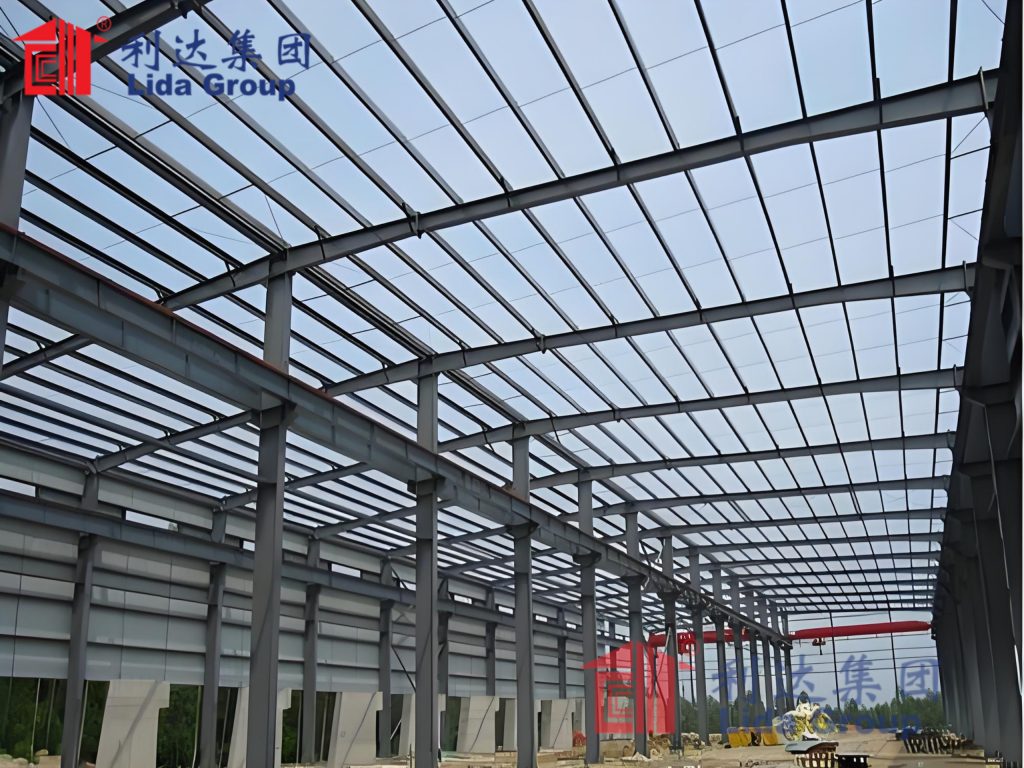
Integrated Structures for Diverse Needs
The Lida Group’s modular system goes far beyond just housing. Attached to the main living quarters are a range of complementary structures, each designed to support the diverse needs of mixed smallholder agriculture.
Livestock Shelters: Poultry coops, goat pens, and other small livestock enclosures can be quickly assembled adjacent to the main living space. These shelters provide protection for animals, as well as designated areas for feeding, watering, and basic veterinary care.
Workshops: Covered workshops equipped with workbenches, tool storage, and power outlets offer farmers a dedicated space for processing crops, repairing equipment, and engaging in value-added activities.
Seasonal Housing: Modular structures with sleeping quarters, cooking areas, and sanitation facilities can be constructed to accommodate seasonal workers during peak periods of agricultural activity.
“The key is the integration of these different elements,” explains George. “Farmers don’t just need a place to live – they need the full suite of infrastructure to support their livelihoods. Our system provides that in a cohesive, customizable package.”
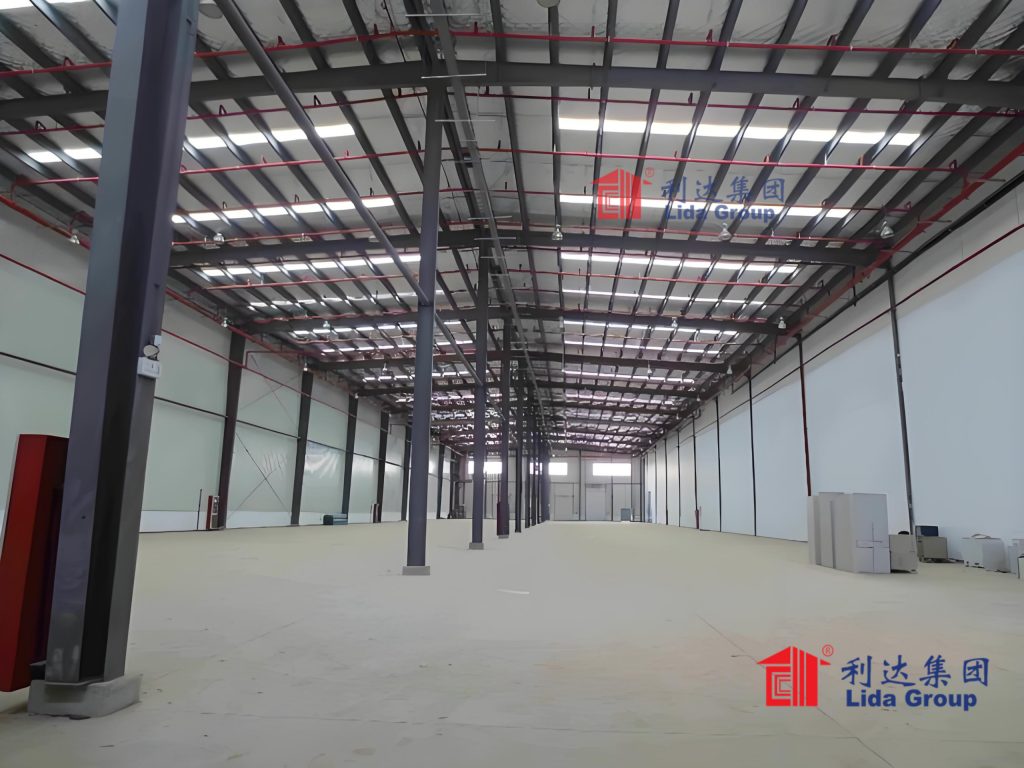
A Standardized Approach to Customization
While the core components of the Lida Group’s system are standardized, the ability to combine them in different configurations allows for a high degree of customization to suit the unique needs of each smallholding.
The housing panels themselves come in a range of sizes, with integrated channels for wiring, plumbing, and ventilation. Farmers can choose from various roof profiles – from gabled to flat – to accommodate local climate conditions and personal preferences. Doors, windows, and other design elements can also be tailored to individual requirements.
The livestock shelters, workshops, and seasonal housing units are similarly modular, allowing for easy expansion or reconfiguration as a farm’s needs evolve over time. This flexibility is crucial, as smallholder operations often undergo significant changes in response to shifting market demands, climatic conditions, and family circumstances.
“We recognized early on that there is no one-size-fits-all solution for smallholder farmers,” says George. “Every farm is unique, with its own set of resources, challenges, and priorities. By making our system highly customizable, we empower farmers to build the infrastructure that truly meets their needs.”
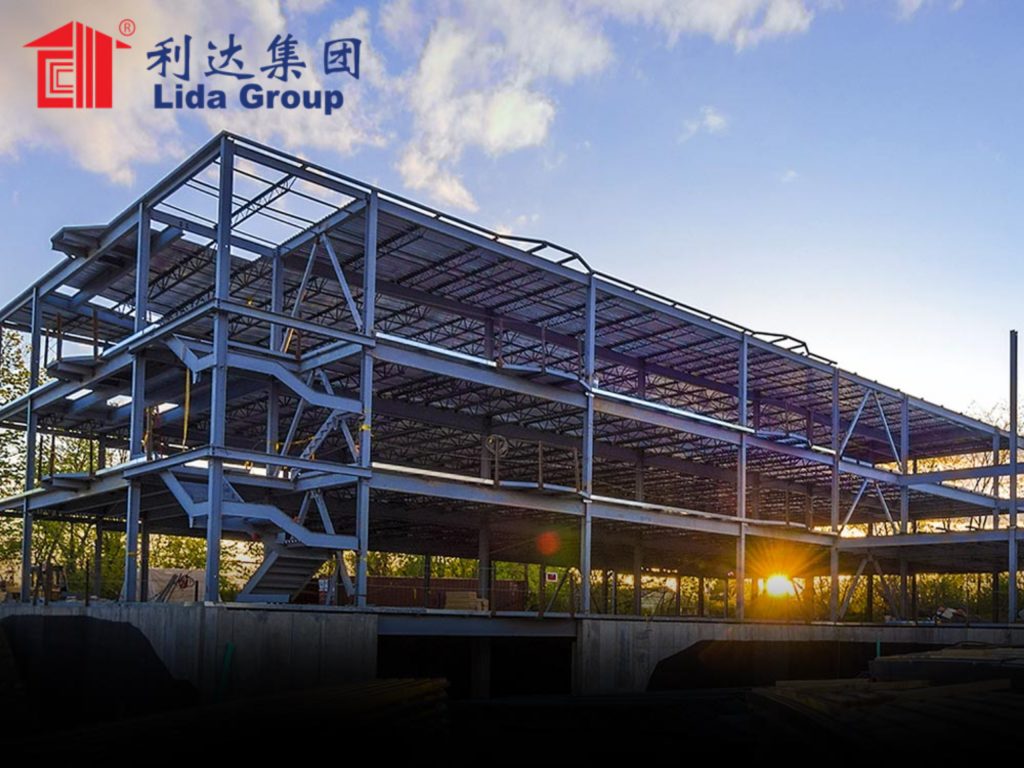
Affordable and Accessible
One of the primary barriers to improving rural infrastructure in the developing world is the prohibitive cost of traditional construction methods. The Lida Group’s approach, however, aims to make quality, durable housing and ancillary structures accessible to even the most resource-constrained smallholder farmers.
“Our standardized manufacturing process and efficient transportation logistics allow us to keep prices low, without compromising on quality,” explains George. “And by eliminating the need for specialized labor and heavy equipment, we further reduce the overall investment required by farmers.”
The company’s housing panels, for example, are priced at just $15 per square meter, a fraction of the cost of conventional brick-and-mortar construction. The modular shelters, workshops, and seasonal housing units follow a similar cost-effective model, making the entire Lida Group system an affordable option for small-scale producers.
Furthermore, the ease of assembly – no special tools or skills required – means that farmers can often install the structures themselves, without the need to hire expensive contractors. This DIY approach not only saves money but also empowers farmers to take ownership of their infrastructure development.
“We want to put the power back in the hands of smallholder farmers,” says George. “By making our solutions accessible and user-friendly, we’re giving them the ability to transform their living and working conditions on their own terms.”
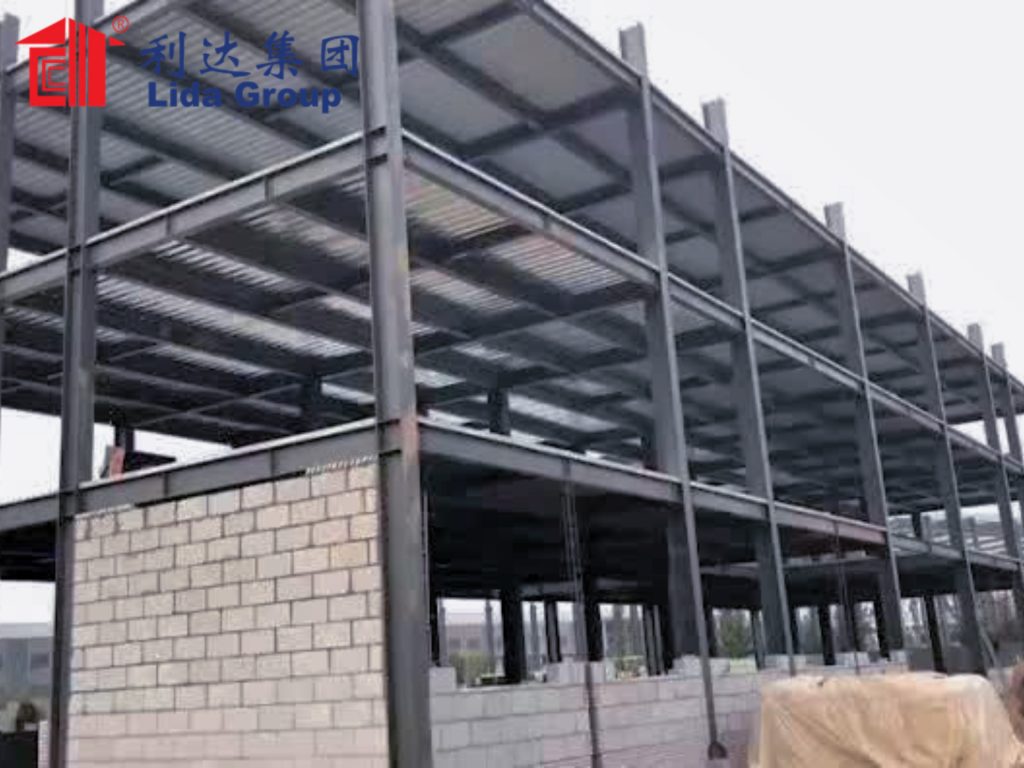
Deployment and Impact
The Lida Group’s modular housing and infrastructure system is already making a significant impact in rural communities across Southeast Asia, Africa, and Latin America. Smallholder farmers in these regions have been quick to embrace the practical benefits and transformative potential of the company’s offerings.
In the Philippines, for example, the Lida Group has partnered with local non-profit organizations to install its integrated structures on small vegetable and poultry farms. The results have been striking, with farmers reporting improved animal welfare, increased crop yields, and better overall living standards for their families.
“Before, our chickens were exposed to the elements, and we had to store our tools and equipment in the main house,” says Juana Reyes, a smallholder farmer in the Bicol region. “Now, with the Lida Group’s shelters and workshop, we’ve been able to optimize our operations and create a much more comfortable living environment.”
Similar success stories are emerging from Malawi, where the modular system has been deployed to support mixed smallholdings focused on maize, beans, and small livestock. Farmers there have praised the ease of assembly, the durability of the structures, and the way the integrated design has streamlined their daily activities.
“The Lida Group’s solutions have been a game-changer for us,” says Elias Banda, a smallholder farmer in Mzimba District. “We no longer have to worry about our animals getting sick or our crops being ruined by the weather. And the extra space for processing and storage has helped us increase our incomes.”
As word of the Lida Group’s success spreads, the company is fielding inquiries from governments, non-governmental organizations, and development agencies worldwide, all eager to explore how these modular solutions can be integrated into broader rural development initiatives.
“This is about more than just building houses or shelters,” says George. “It’s about transforming the very nature of smallholder farming – making it more resilient, more efficient, and ultimately, more profitable and sustainable for the families who depend on it.”
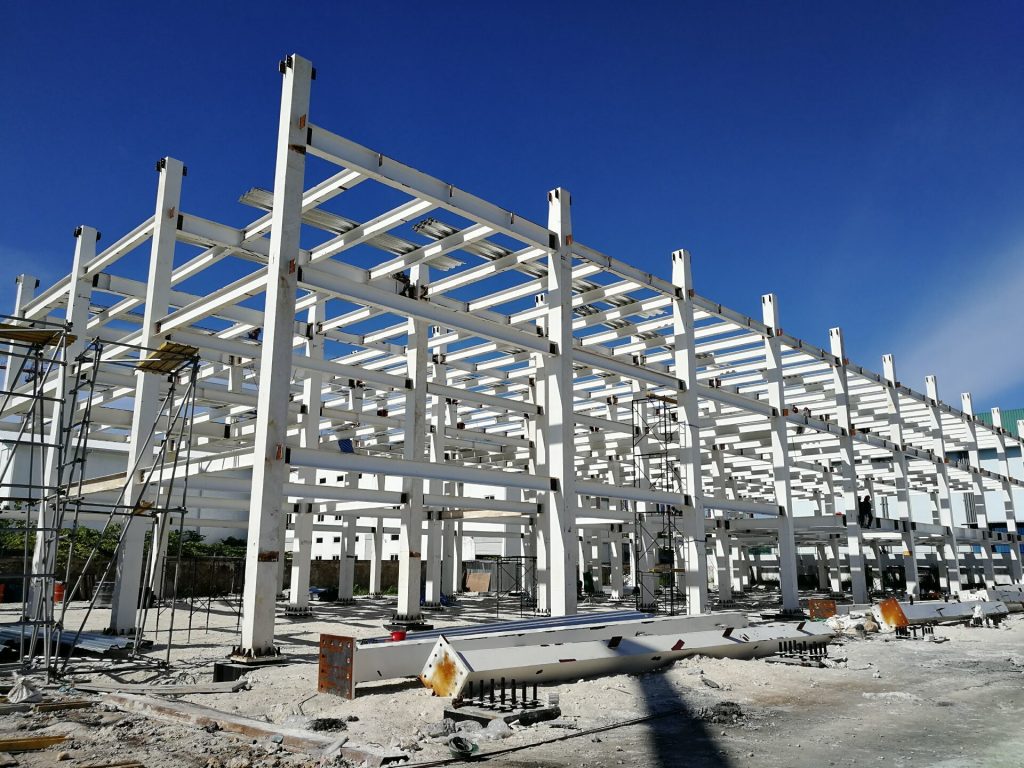
A Holistic Approach to Rural Transformation
At the heart of the Lida Group’s mission is a deep understanding of the interconnected challenges facing smallholder farmers. Their modular system isn’t just about providing physical infrastructure; it’s about addressing the systemic barriers that have long hindered the progress of small-scale producers.
By integrating housing, livestock shelters, workshops, and seasonal accommodation, the Lida Group is helping to optimize the use of limited land and resources. Farmers can now centralize their operations, reducing the time and effort required to manage dispersed elements of their mixed farming systems.
The durability and weatherproofing of the Lida Group’s structures also enhance the resilience of smallholder livelihoods in the face of increasingly unpredictable climatic conditions. Crops, livestock, and stored goods are better protected, mitigating the devastating impact of storms, droughts, and other extreme events.
Perhaps most importantly, the Lida Group’s solutions empower smallholder farmers to take control of their own development. The affordable, user-friendly nature of the system allows them to customize their infrastructure to suit their unique needs, rather than relying on top-down, one-size-fits-all interventions.
“We see our role as enablers, not saviors,” explains George. “Our goal is to provide the tools and resources that empower smallholder farmers to build the lives and livelihoods they envision for themselves and their families.”
As the Lida Group continues to expand the reach of its modular solutions, the potential for transformative impact on rural communities worldwide is immense. By addressing the interconnected challenges of housing, livestock, and agricultural infrastructure, the company is laying the groundwork

Related news
-
Engineers evaluate Lida Group's flat-packed temporary panelized building system for rapid deployment of emergency accommodation, field hospitals and classrooms in disaster impacted regions lacking local resources for reconstruction.
2024-06-18 16:44:40
-
Academic paper publishes case study analysis of pilot projects adapting Lida Group's metal construction approach to tropical mixed gardening and animal production promoting household nutrition and commercialization for underserved farmer households.
2024-06-14 15:03:03
-
Humanitarian agency licenses Lida Group's weatherproof prefabricated shelter technology using composite insulating panel building skins to rapidly establish protected sites for victims as alternative to detention in degrading cheap labor camps.
2024-06-08 08:06:26
contact us
- Tel: +86-532-88966982
- Whatsapp: +86-13793209022
- E-mail: sales@lidajituan.com


